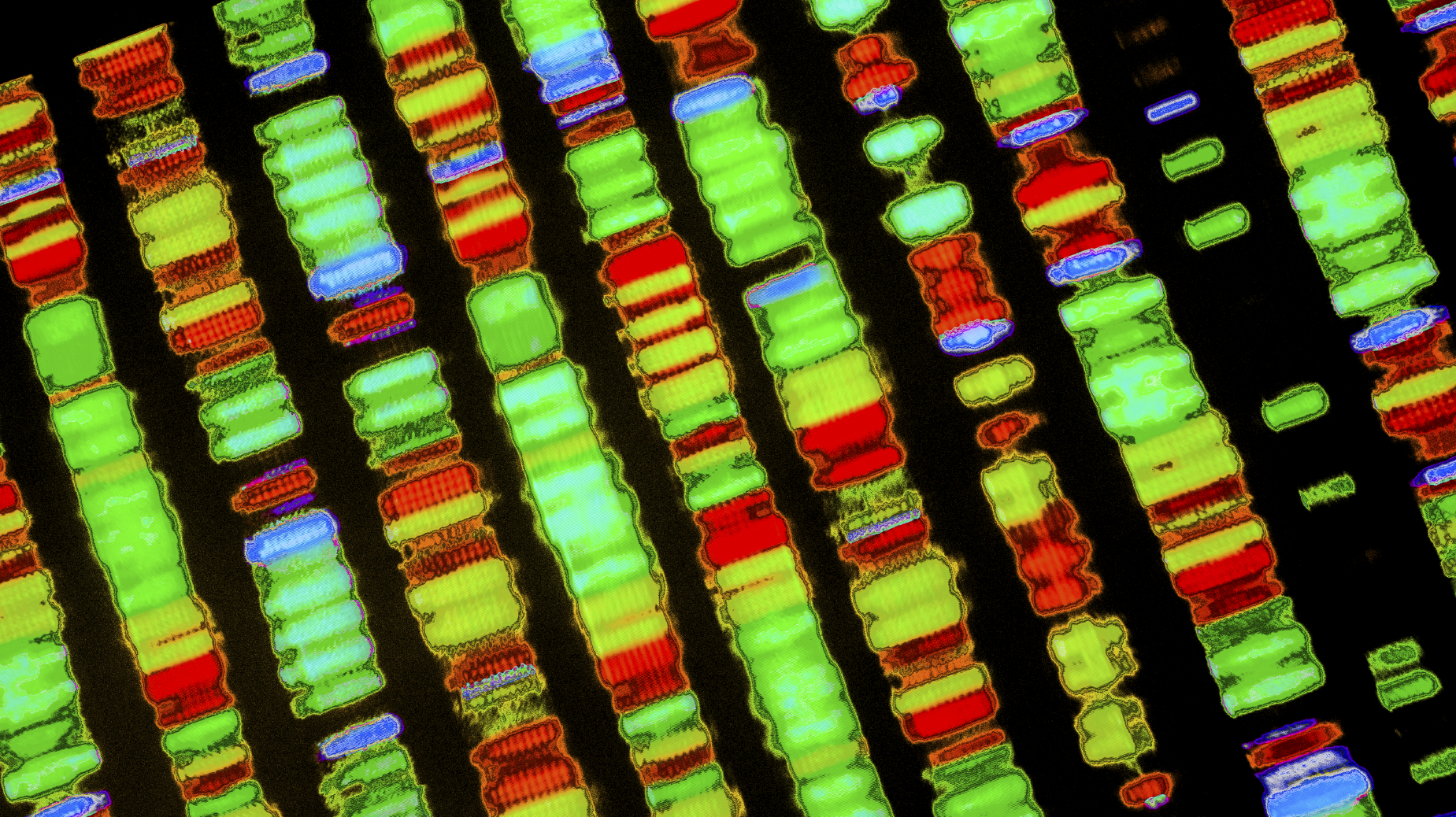Vtesse's rare disease drug set for UK early access

UK patients with a rare and lethal genetic disease could get access to a new experimental drug ahead of its European licence.
The Medicines and Healthcare Products Regulatory Agency (MHRA) granted Vtesse’s VTS-270 Promising Innovative Medicine (PIM) designation for children with Niemann-Pick Type C1 (NPC) disease, according to a company statement.
This is an early indication that a drug is a potential candidate for the Early Access to Medicine Scheme (EAMS), for treatment, diagnosis or prevention of life-threatening or serious illnesses poorly served by existing products.
Under EAMS, companies fund the early use of the medicine ahead of approval, giving them and the National Health Service insight into how they are used in real settings.
NPC is a progressive, irreversible, debilitating and ultimately lethal disease, caused by a defect in lipid transportation within the cell.
This leads to a build-up of lipids in the brain, liver and spleen.
Results from the VTS-270 treated group in the intrapatient hase 1/2 dose escalation study showed that, after 12 months and 18 months of monthly dosing, disease progression as measured by the NPC Neurological Severity Score (NSS) was reduced as compared to a matched natural history study control group. Changes in hearing, which were anticipated as an adverse event, and transient ataxia and transient fatigue were observed in the study.
Vtesse’s ongoing phase 2b/3 clinical trial of VTS-270 is enrolling patients in the UK at Birmingham Children's Hospital and Great Ormond Street Hospital. The trial is also ongoing at sites in the US, France, Germany, Spain, Turkey and Australia.
Last week, the MHRA said Bristol-Myers Squibb’s Opdivo (nivolumab) is to be made available on EAMS in blood cancer.
The first drug made available under EAMS was Merck & Co’s rival cancer immunotherapy, Keytruda (pembrolizumab) in advanced melanoma, last year.











